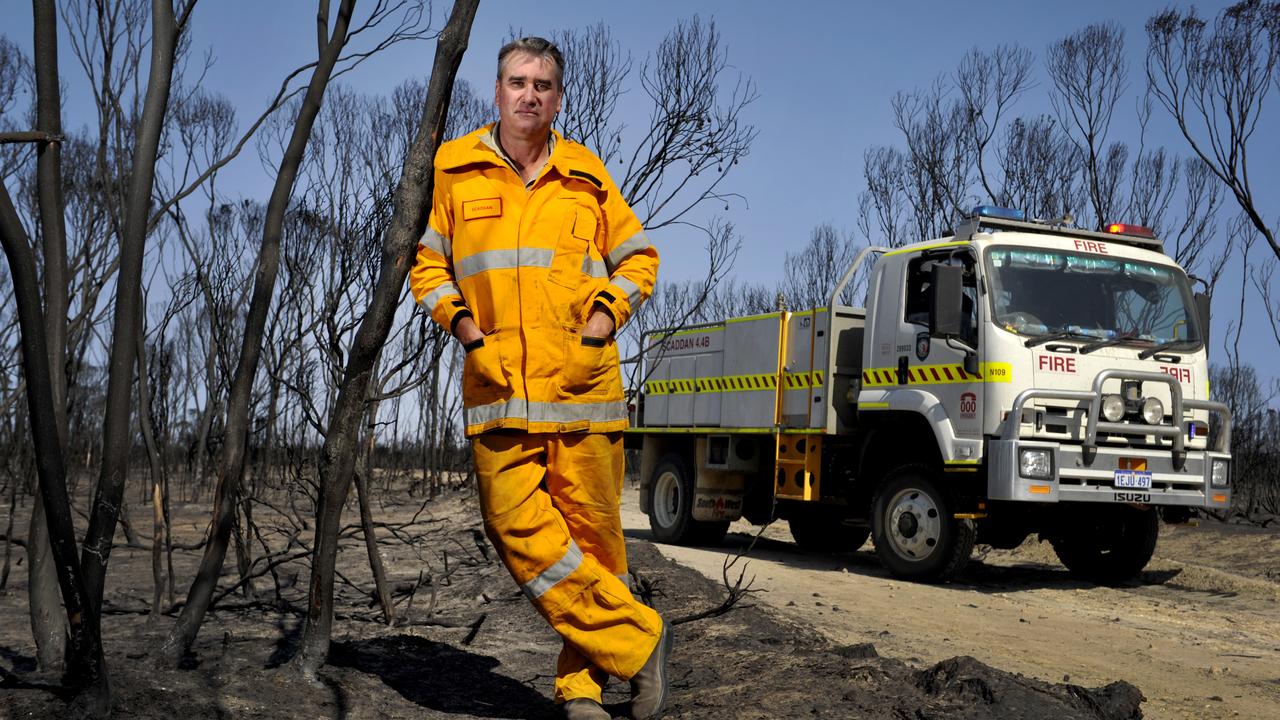Clive Palmer defends Great Barrier Reef record
GREAT Barrier Reef protest groups said they would target all companies involved in the proposed coal terminal near Bowen.
CLIVE Palmer has defended his environmental record as Great Barrier Reef protest groups said they would target all companies involved in the proposed $9 billion expansion of the Abbot Point coal terminal near Bowen.
Mr Palmer’s Waratah Coal has applied to the Queensland government for “preferred” developer status for the $3bn T2 expansion at Abbot Point abandoned last year by BHP.
Mr Palmer yesterday initially told a news conference in Brisbane he had “retired from business’’ before admitting he was a shareholder in Waratah Coal.
Questioned about his environmental record at the Yabulu nickel refinery near Townsville, where concerns have been raised about the discharge of tailings water into the Great Barrier Reef, Mr Palmer said the plant was “fully operational, no problem”.
“Soon there will be no water there at all,’’ he said.
The Abbot Point expansion has become a key issue for the environmental movement because it involves dredging and the dumping of dredge spoils into the Great Barrier Reef Marine Park.
Australian Marine Conservation Foundation spokeswoman Felicity Wishart said the mining industry did not have a “social licence” to damage the reef. “Some of the largest coalminers such as BHP and Rio have walked away from Abbot Point,” she said.
“Whoever takes on T2 is walking into a serious environmental stoush with dredging and dumping being challenged in two separate legal cases.”
A new report, released today by the Save the Reef coalition, claims the impact of dredging and dumping in the area is much worse than the mining industry or state-owned ports have indicated.
Claims that 8.3 million cubic metres of seabed dredged at Hay Point Port and dumped in the Great Barrier Reef’s waters in 2006 led to no significant or long-term environmental impacts were not credible, Ms Wishart said.
“The monitoring ceased six months after dredging stopped when corals were still covered in sediment and suffering with lesions,’’ she said.
“In the monitoring report, corals with dead patches were grouped together with coral that had no damage at all, obscuring the fact that these corals were damaged. Control sites were potentially compromised by dredge spoil.”
The World Heritage Committee has also raised concerns.
North Queensland Bulk Ports Corporation said the committee had “completely ignored peer-reviewed science”.


